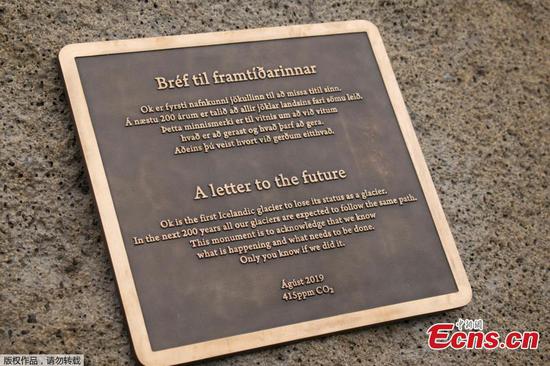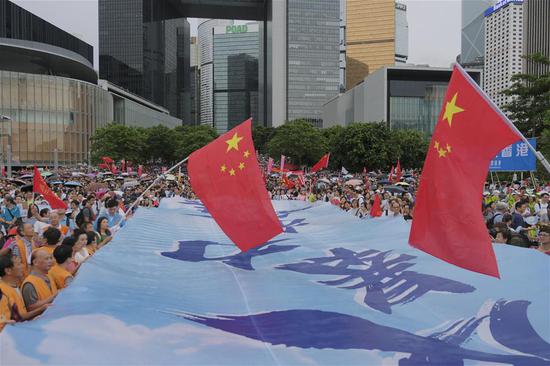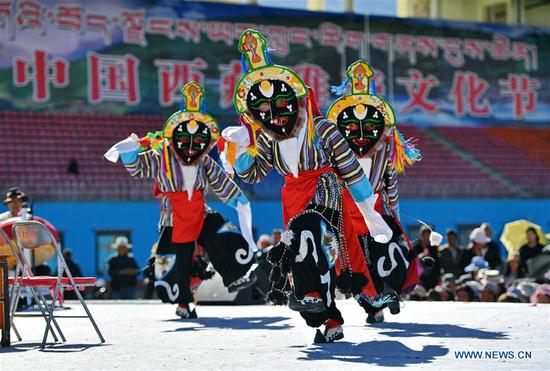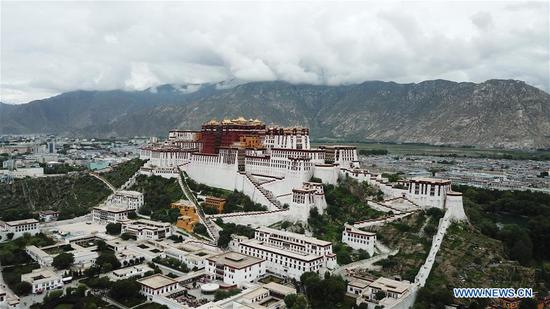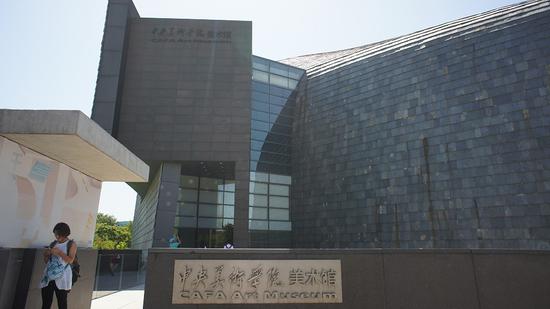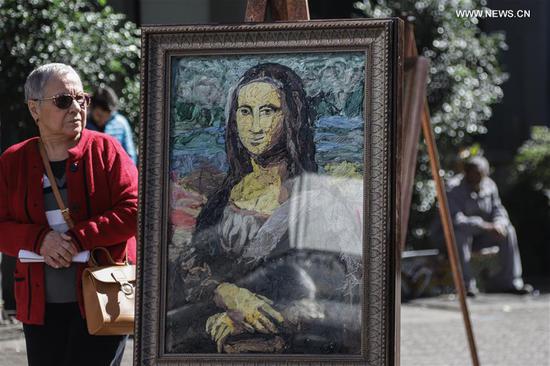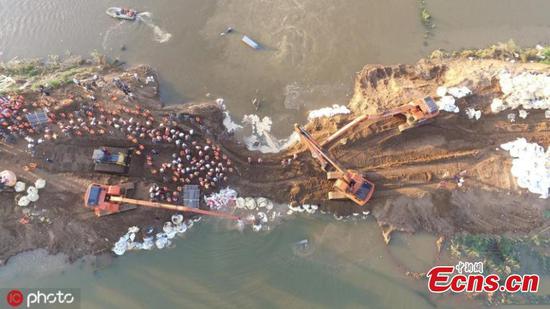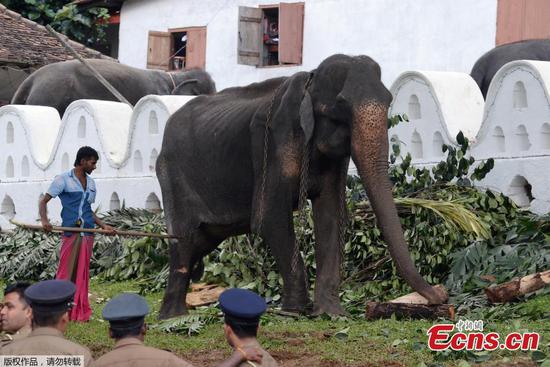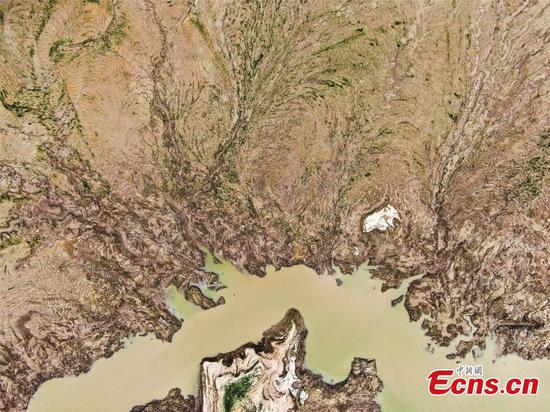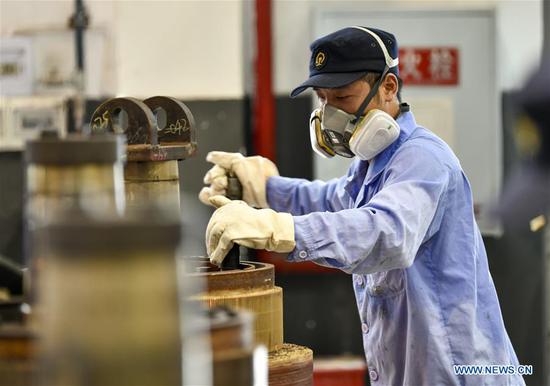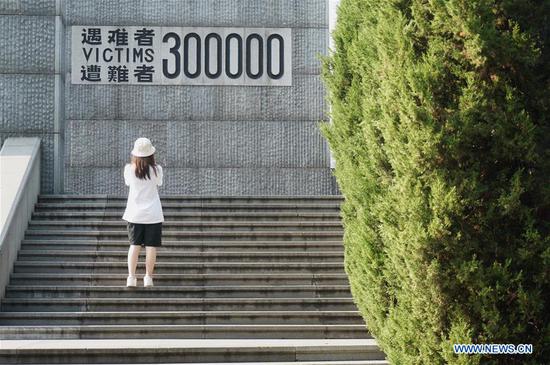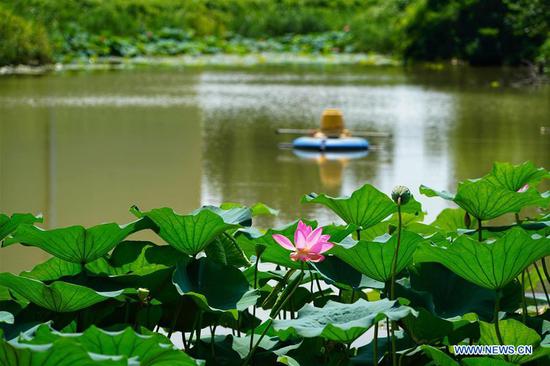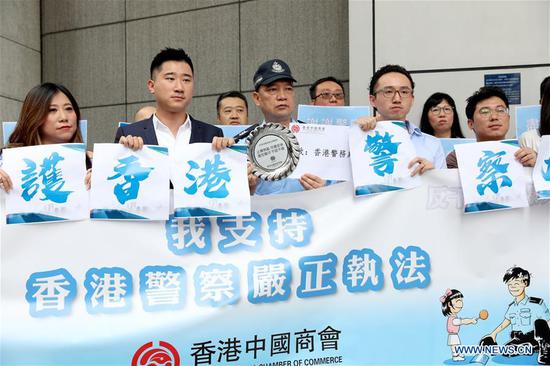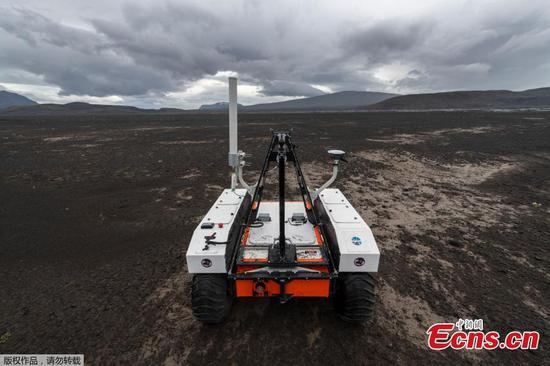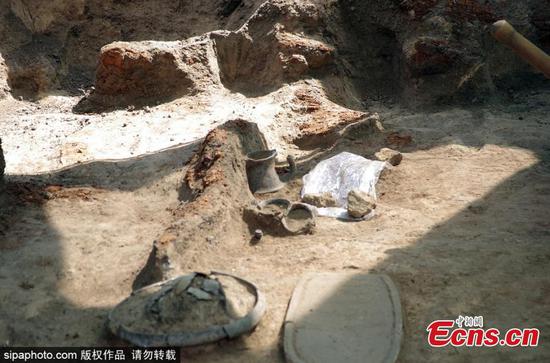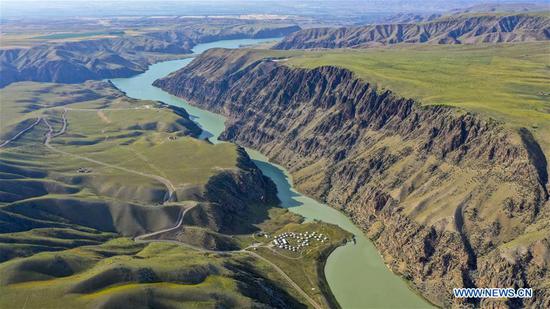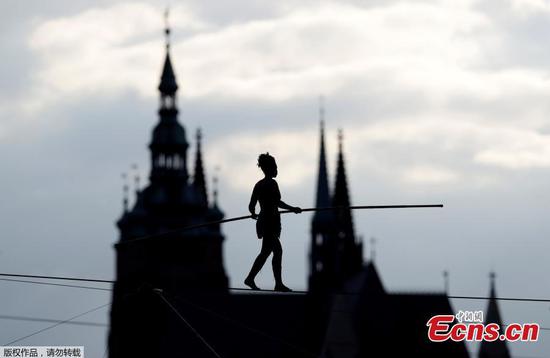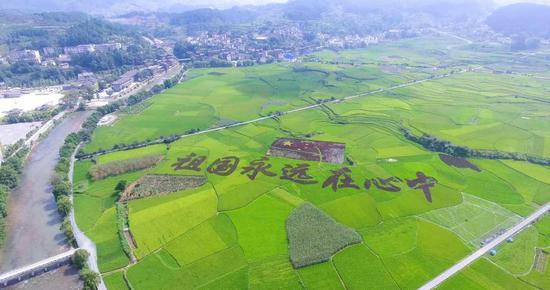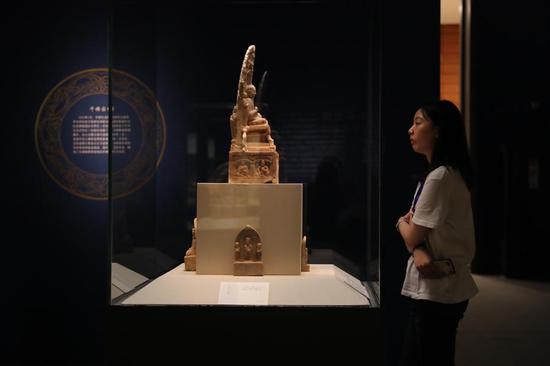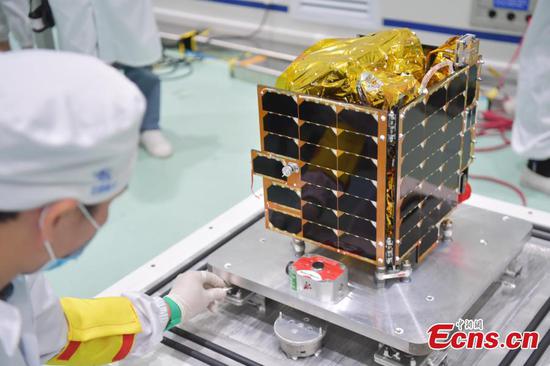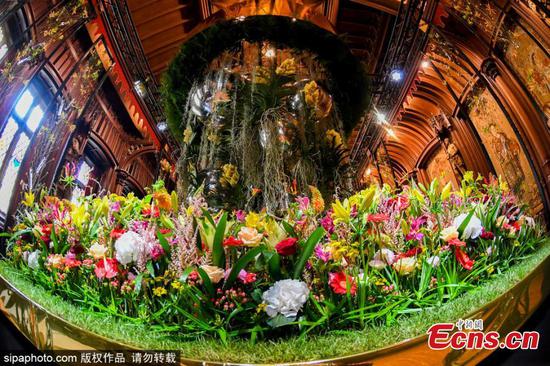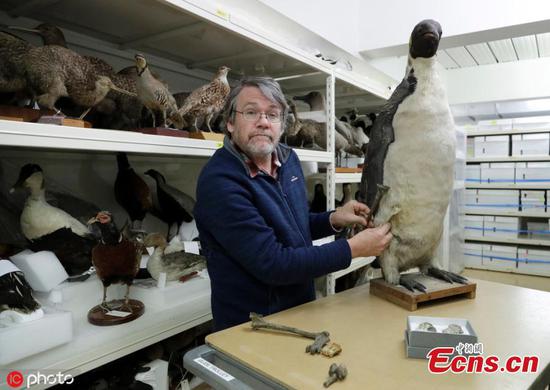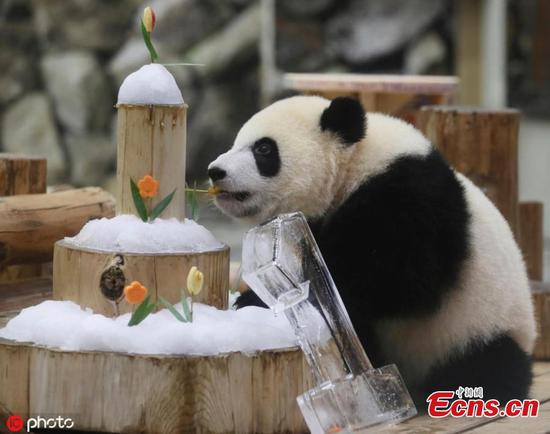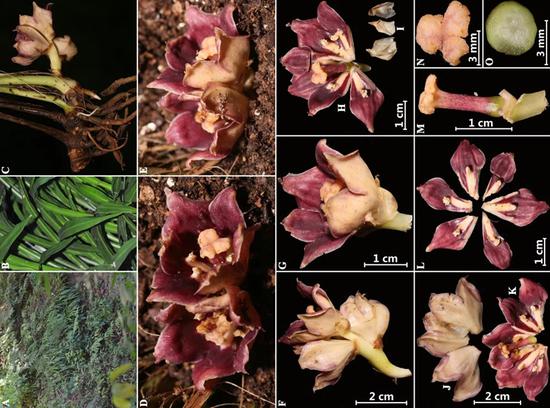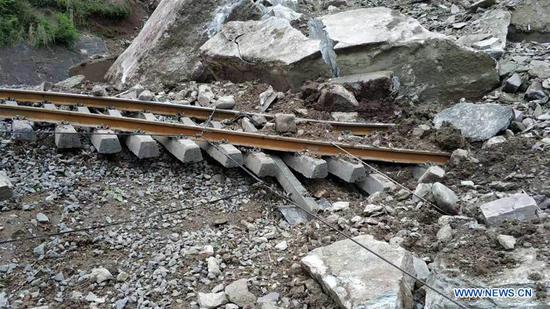
An aerial view of coastal parts of Tianjin. Provided To China Daily
The coastal city's policies are luring businesses and talented workers away from bigger cities and driving its transformation into a hub for innovation
Editor's note: As the People's Republic of China prepares to celebrate its 70th anniversary on Oct 1, China Daily is featuring a series of stories on the role regions have played in the country's development and where they are today.
Stem cell researcher and entrepreneur Lu Zeping said he was fortunate to become the first person to gain a Tianjin hukou - or residential certificate - under the Haihe Talent project started in May last year.
Lu is deputy general manager of VcanBio, a market leader in the stem cell storage business. He said the city's decision to grant him a residential certificate indicated that Tianjin wanted to be at the forefront of stem cell research in China.
"Tianjin's research capacity and friendly business climate have given me the confidence to stay here," Lu said.
VcanBio has preserved more than 400,000 samples of stem cells from 18 provinces and municipalities and provided thousands of mesenchymal stem cells for clinical use, ranking it as the top company of its type in the country.
The requirement for the residential certificate was changed to give preference to leading individuals in their field with 10 million yuan ($1.4 million) in scientific support funding.
The age limit for the hukou was also lifted from 35 to 45 years for workers employed by Tianjin companies as researchers. Residency was also made easier for entrepreneurs.
In the cutthroat competition to attract the best business and research minds to China's major cities, Tianjin is regraded as having the most attractive policies.
About 170,000 other talented individuals who obtained residential certificates have joined Lu in Tianjin over the past 14 months.
Tianjin is home to 170 national-level research institutes. The city has seen its innovation index hit 80.75 percent, ranking third in the country for the past 16 years, according to the Chinese Academy of Science and Technology for Development.









